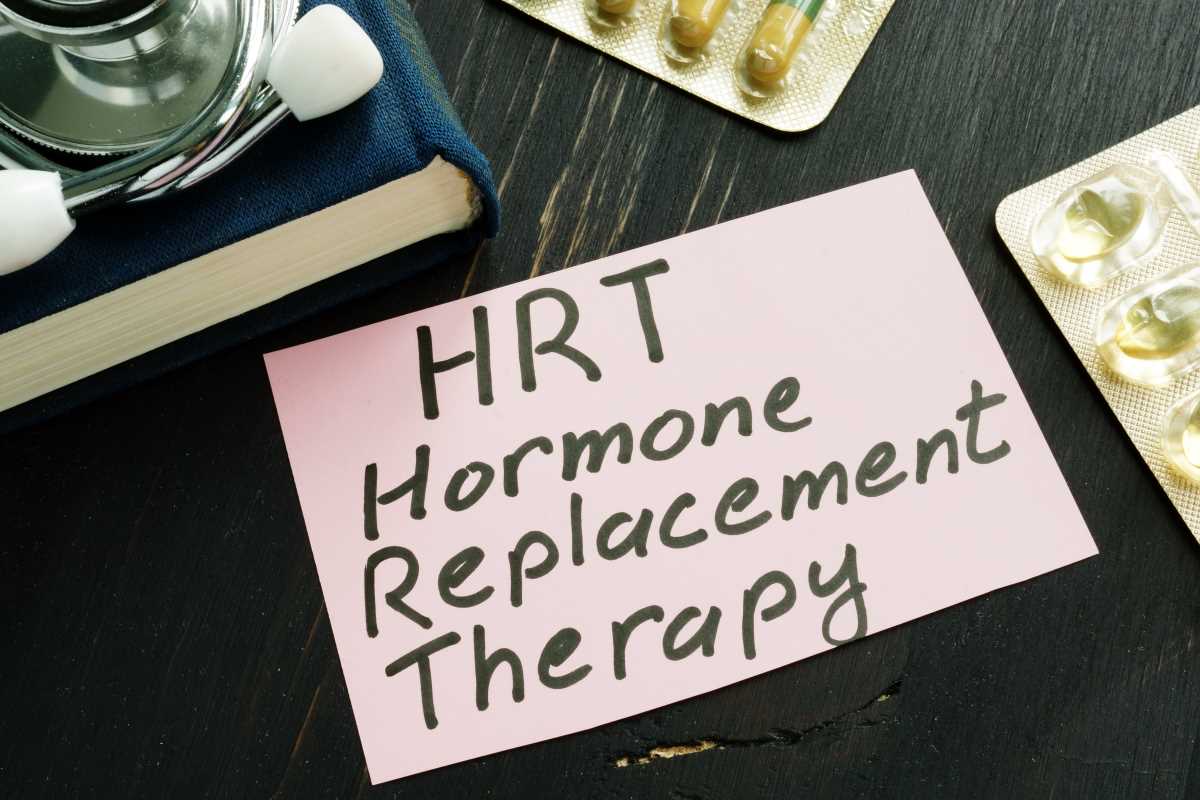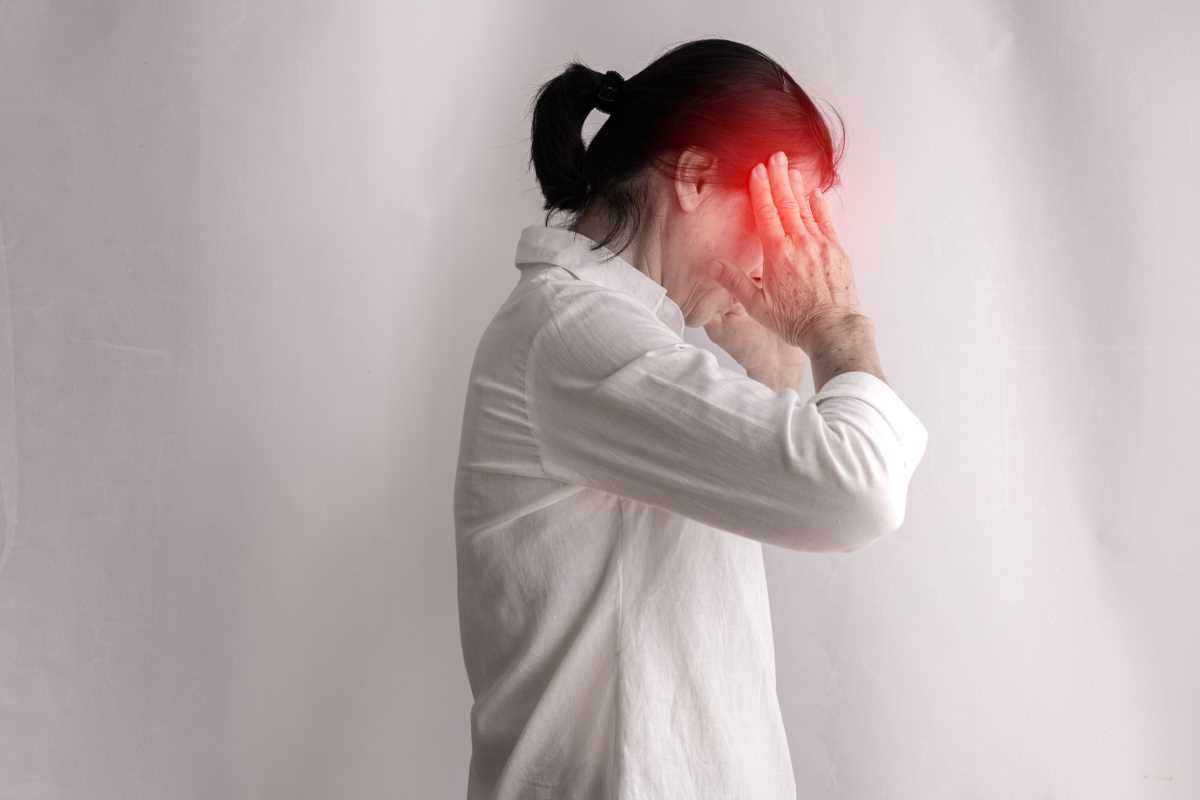Menopause is a natural part of aging, but it can bring with it a wave of physical and emotional changes. From hot flashes and night sweats to mood swings and bone loss, the symptoms of menopause can be hard to manage for many women. If you’ve been struggling with these symptoms, you might have heard about hormone replacement therapy (HRT) as a possible solution. But what is HRT? And, more importantly, is it right for you?
HRT can be a game-changer for some women, but it’s not without its drawbacks. This guide will break down the pros and cons of HRT in simple terms, so you can make an informed decision about whether it’s the right choice for you. By the time you finish reading, you’ll have a clearer understanding of how HRT works, its benefits, and the potential risks involved.
What Is Hormone Replacement Therapy?
HRT is a treatment designed to replace the hormones your body naturally produces less of during menopause. The two key hormones involved are estrogen and progesterone. During menopause, your levels of these hormones drop, which can lead to uncomfortable symptoms like hot flashes, vaginal dryness, and even long-term health risks like bone thinning.
HRT works by replenishing these hormones, helping to ease symptoms and improve quality of life for many women. There are two main types of HRT:
- Estrogen-Only HRT: Usually prescribed for women who have had their uterus removed (hysterectomy).
- Combined HRT: Includes both estrogen and progesterone and is typically used for women who still have a uterus to protect against the risk of uterine cancer.
HRT comes in various forms, including pills, patches, creams, gels, and even vaginal rings. This variety allows women to choose the method that works best for their needs and lifestyle.
The Pros of HRT
For many women, the benefits of HRT far outweigh the risks, especially when used under a doctor’s guidance. Here are some of the most significant advantages:
1. Relief from Menopause Symptoms
The main reason women turn to HRT is to get relief from menopause symptoms. These can include:
- Hot Flashes and Night Sweats: HRT is highly effective at reducing the frequency and intensity of these symptoms, helping you sleep better at night.
- Vaginal Dryness: Estrogen can help restore moisture and elasticity in vaginal tissues, reducing discomfort during intimacy.
- Mood Swings: Hormone fluctuations can affect your mental health, and HRT may help stabilize your mood.
For women struggling with these issues, HRT can be a lifeline that improves their day-to-day comfort and quality of life.
2. Bone Health
Another major benefit of HRT is its ability to protect your bones. Estrogen plays a key role in maintaining bone density. After menopause, the loss of estrogen can lead to a condition called osteoporosis, where bones become weak and more prone to fractures. HRT has been shown to reduce the risk of osteoporosis and fractures, making it an important consideration for women with a family history of bone-related issues.
3. Heart Health (for Younger Women)
Some studies suggest that starting HRT within 10 years of menopause may have heart health benefits. Estrogen may help improve blood vessel function and reduce cholesterol levels, lowering the risk of heart disease in certain women. However, the timing of when HRT is started plays a big role in these benefits.
4. Improved Sleep
By preventing night sweats and regulating nighttime temperature fluctuations, HRT can help women get better, more restful sleep. Since chronic sleep deprivation can impact everything from mood to physical health, this is a major plus.
5. Better Skin and Hair
Estrogen has been linked to improved skin elasticity and hydration, as well as stronger hair. While this might not be the primary reason to use HRT, it’s a nice side effect for some women.
The Cons of HRT
While HRT offers many benefits, it’s not without its risks. Understanding the potential downsides is crucial to making an informed decision.
1. Increased Risk of Certain Cancers
One of the most discussed risks of HRT is its association with certain types of cancers:
- Breast Cancer: Long-term use of combined HRT (estrogen + progesterone) has been linked to an increased risk of breast cancer. For this reason, it’s often recommended to use the lowest effective dose for the shortest time necessary.
- Uterine Cancer: Estrogen-only HRT can increase the risk of uterine cancer unless paired with progesterone in women who still have a uterus.
While the risk is real, it’s also relatively low for most women, especially when HRT is used under close medical supervision.
2. Risk of Blood Clots and Stroke
HRT, particularly oral forms, may slightly raise the risk of blood clots and stroke. This is particularly important for women who have other risk factors, such as smoking, obesity, or a history of cardiovascular problems. Transdermal options like patches or gels may carry lower risks in this area.
3. Side Effects
Some women experience side effects when they start HRT, including:
- Nausea
- Bloating
- Headaches
- Breast tenderness
These symptoms often improve as your body adjusts to the treatment, but they can be bothersome in the beginning.
4. It’s Not a Long-Term Solution for Everyone
While HRT can provide dramatic relief, it’s not usually recommended as a lifelong treatment. Most doctors suggest using it for the shortest time necessary to manage symptoms, as prolonged use can increase risks.
5. Not Suitable for All Women
Certain health conditions may make HRT unsafe. You may need to avoid HRT if you have:
- A history of breast or uterine cancer
- Blood clotting disorders
- Uncontrolled high blood pressure
- Liver disease
Your doctor will carefully evaluate your medical history before recommending HRT to ensure it’s a safe option for you.
Alternatives to HRT
If you’re not a candidate for HRT or prefer to try natural methods first, there are other options to consider. Lifestyle changes and alternative treatments can help manage menopause symptoms:
- Diet and Exercise: A balanced diet rich in calcium and vitamin D, combined with weight-bearing exercise, can support bone health and reduce hot flashes.
- Herbal Remedies: Supplements such as black cohosh or soy isoflavones may provide mild relief, although they’re not as well-studied as HRT.
- Non-Hormonal Medications: Antidepressants and certain blood pressure medications have been used off-label to help reduce hot flashes.
- Stress Management: Techniques like yoga, meditation, and deep breathing can help manage mood swings and improve overall well-being.
Making the Decision
Deciding whether HRT is right for you can feel overwhelming, but the key is to work closely with your doctor. Here are some questions to ask during your appointment:
- What are the benefits and risks of HRT for me personally?
- Are there non-hormonal options I should consider?
- How long should I stay on HRT if I decide to start?
- How will we monitor for potential side effects?
The answer isn’t the same for everyone, and weighing the pros and cons is a deeply personal choice based on your symptoms, risk factors, and health goals.
 (Image via
(Image via





